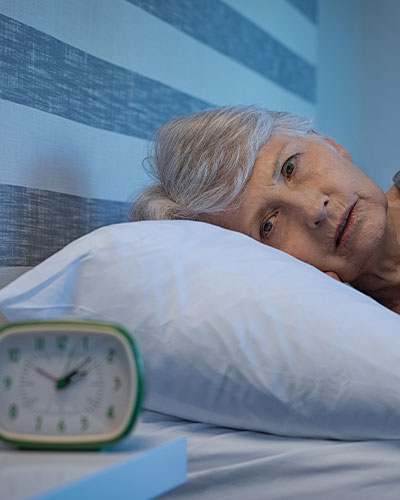Sleep Disorders In Adults
It can be normal to have trouble sleeping from time to time, but if you are having trouble sleeping most nights, you may have a sleep problem. Sleep problems can affect your quality of life, and some can pose a serious threat to your health if left untreated.
If you think you might have a sleep problem, discuss your symptoms with your healthcare provider. After reviewing your sleep history, your healthcare provider may refer you to a specialized sleep center or lab, where trained technicians will perform a sleep study. Sleep studies are tests that monitor your sleep, either overnight or during a series of naps during the day. These tests are painless and used to diagnose sleep problems such as insomnia, sleep apnea, or narcolepsy. Depending on the circumstances, some sleep studies can be done at night.
INSOMNIA

Insomnia is a sleep disorder that causes a person to have difficulty falling asleep or staying asleep, waking too early, or feeling chronically tired when waking. Insomnia can lead to inability to concentrate on work or tasks, exhaustion, general sleepiness during the day, and memory problems. Primary insomnia is not directly associated with other health issues. However, secondary insomnia is commonly tied to arthritis, asthma, cancer, depression, gastrointestinal disorders, pain, alcohol use, drug use (prescribed or otherwise), and more.
- A physical exam
- Review of medical and sleep history
- Keeping a sleep diary
- Talking with your bed partner
NARCOLEPSY
Narcolepsy is a chronic sleep disorder affecting fewer than 1% of people living in the United States. However, it is estimated that only 25% of people with narcolepsy have been diagnosed. People with narcolepsy may experience excessive drowsiness, difficulty focusing, an inability to remain alert, and sudden attacks of sleep. Additional side effects of narcolepsy may include:
- Changes in rapid eye movement (REM) sleep
- Sudden loss of muscle tone (cataplexy)
- Sleep paralysis
- Hallucinations
- Falling asleep during mundane tasks and continuing them while asleep
- Other sleep disorders such as obstructive sleep apnea, restless leg syndrome, and insomnia
There is no cure for narcolepsy but medications and lifestyle changes have been used to help people with narcolepsy manage symptoms. Speak with your healthcare provider for more information about narcolepsy or if you think you may be at risk.

OBSTRUCTIVE SLEEP APNEA
Obstructive sleep apnea (OSA) is a common problem that affects a person’s breathing during sleep. A person with OSA has times during sleep in which air cannot flow normally into the lungs. The block in airflow (obstruction) is usually caused by the collapse of the soft tissues in the back of the throat (upper airway) and tongue during sleep.
